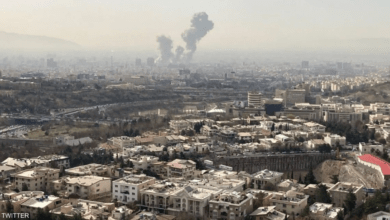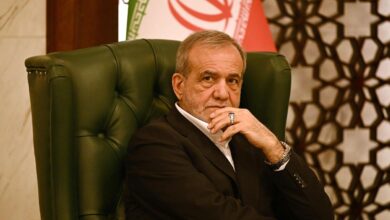WHO collaborates with Kuwaiti civil society organizations to strengthen action on health

The World Health Organization (WHO) office in Kuwait convened a roundtable meeting with the Regional Director for the Eastern Mediterranean Dr Hanan Balkhy and key civil society organizations in Kuwait with the goal of strengthening collaboration.
The meeting, held at UN House, brought together leaders from civil society, health advocacy groups and humanitarian organizations to discuss the pivotal role of non-governmental actors in addressing health challenges during crises.
Dr Balkhy emphasized the importance of collaboration, saying: “In humanitarian contexts, civil society plays a critical role in bridging gaps and ensuring that health services reach the most vulnerable populations. Civil society in Kuwait plays a remarkable role in supporting the health, development and humanitarian agenda. WHO is committed to working with civil society to address pressing needs effectively.”
Topics covered in the roundtable discussion included improving access to health care for vulnerable and displaced populations, strengthening health systems to respond to emergencies more efficiently, building capacity within civil society organizations to tackle public health challenges, and fostering partnerships between WHO, civil society and governments for coordinated health interventions.

WHO Representative in Kuwait Dr Assad Hafeez highlighted the value of civil society’s contributions: “Civil society organizations bring important community context and are essential to rapid humanitarian responses. Together with WHO and the government, they can amplify the impact of health interventions.”
The roundtable resulted in a set of recommendations to enhance WHO-civil society collaboration, including establishing regular communication platforms and joint capacity-building initiatives and the joint implementation of a regional framework for health response in humanitarian settings.
The event underscored WHO’s focus on leveraging partnerships to achieve universal health coverage and strengthen health resilience, particularly in crisis-affected areas.













